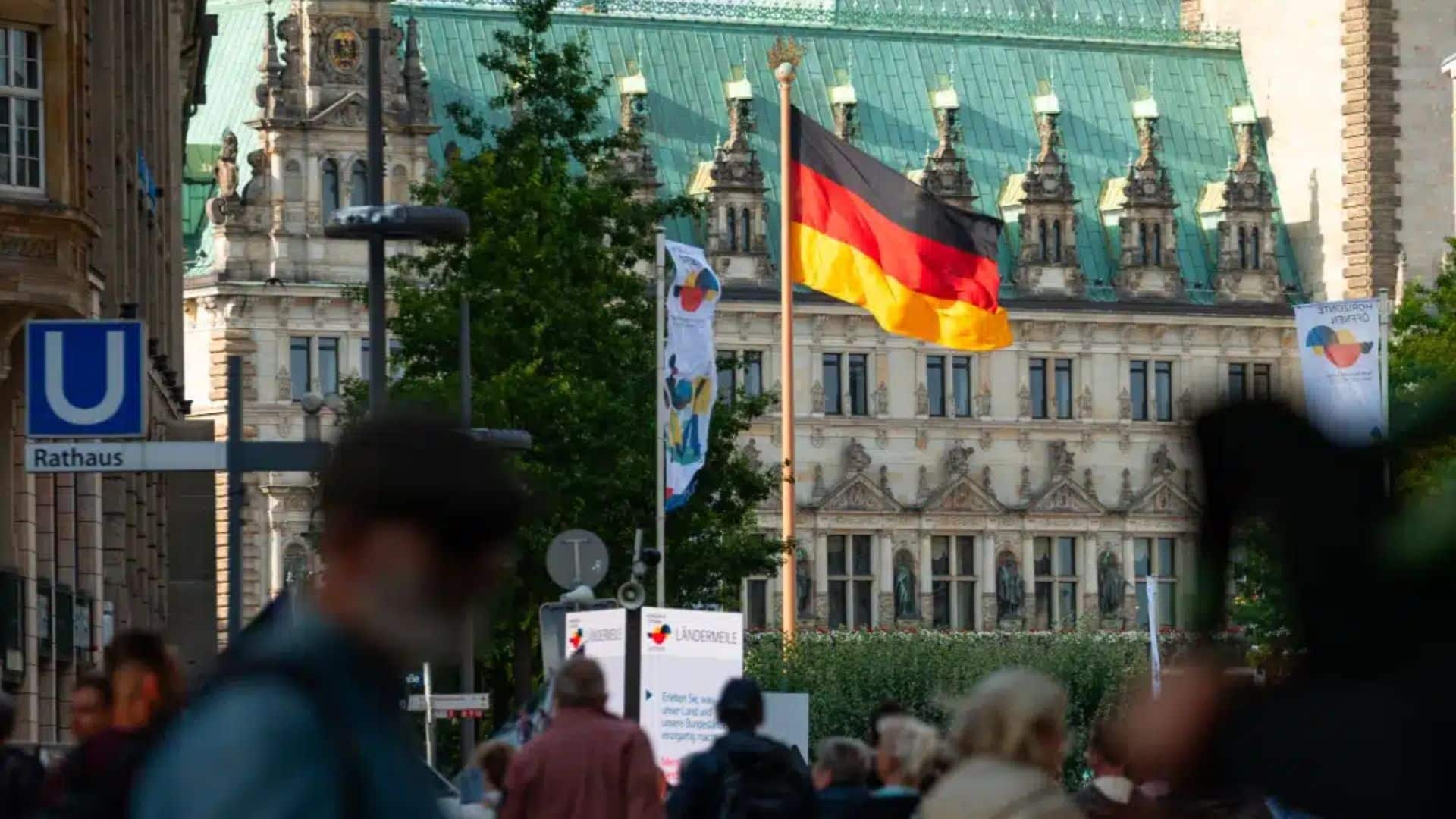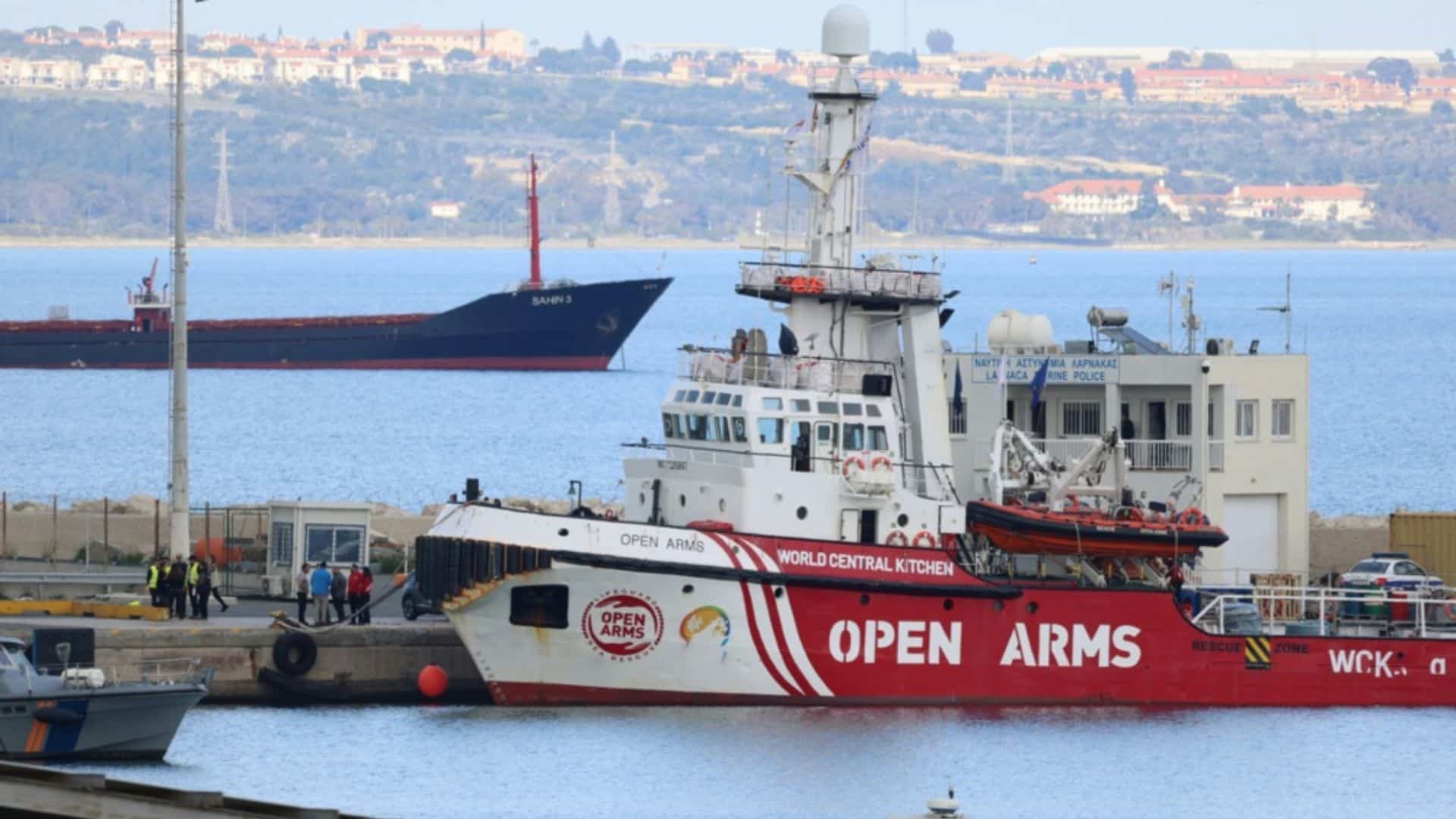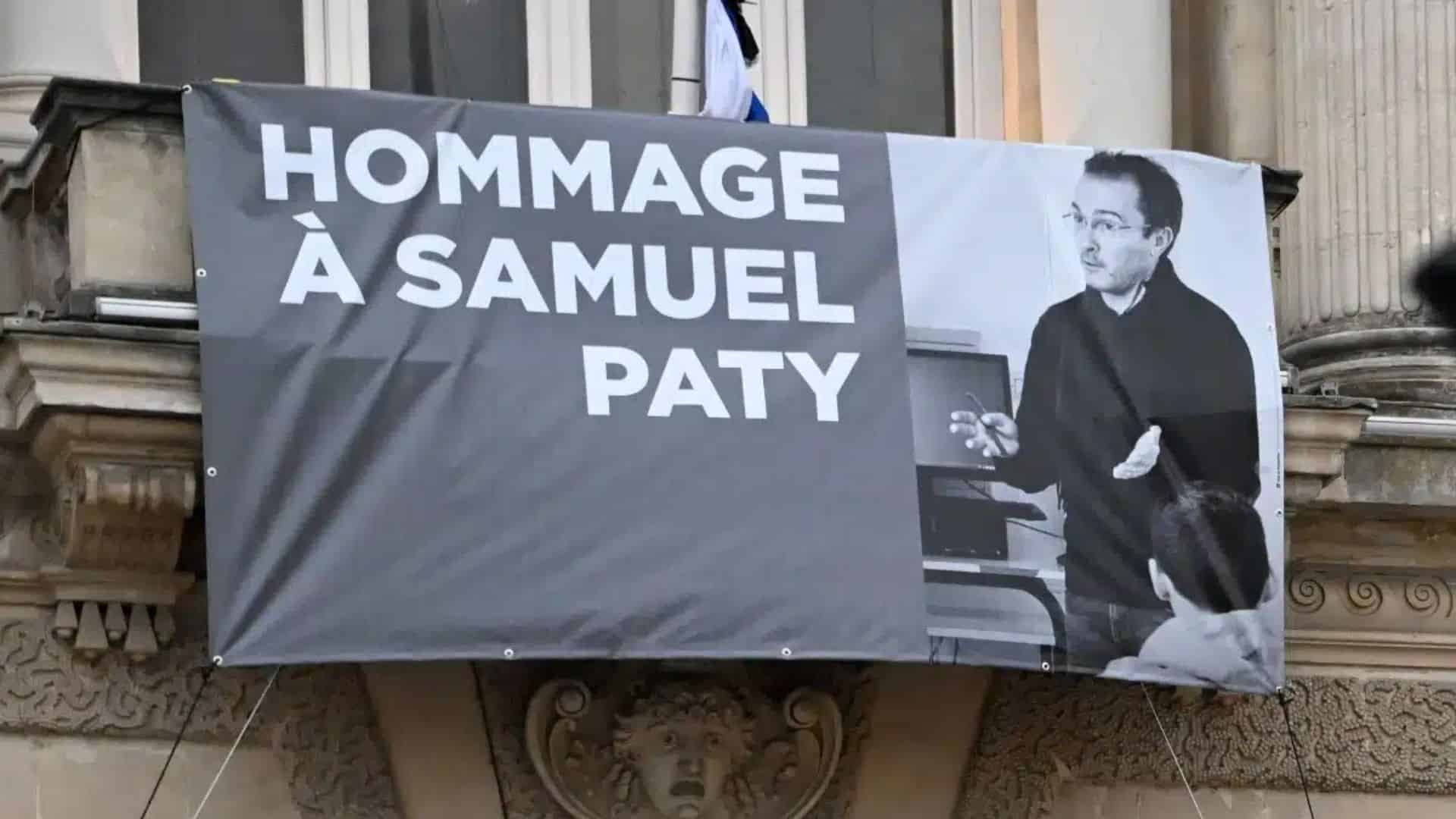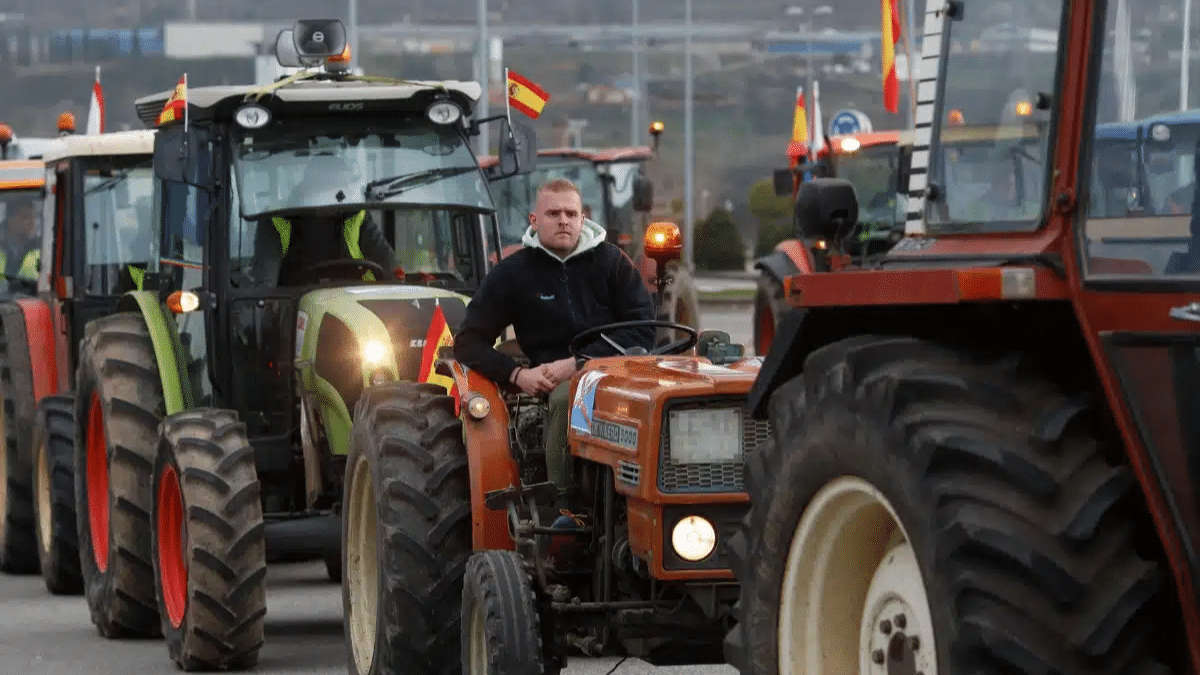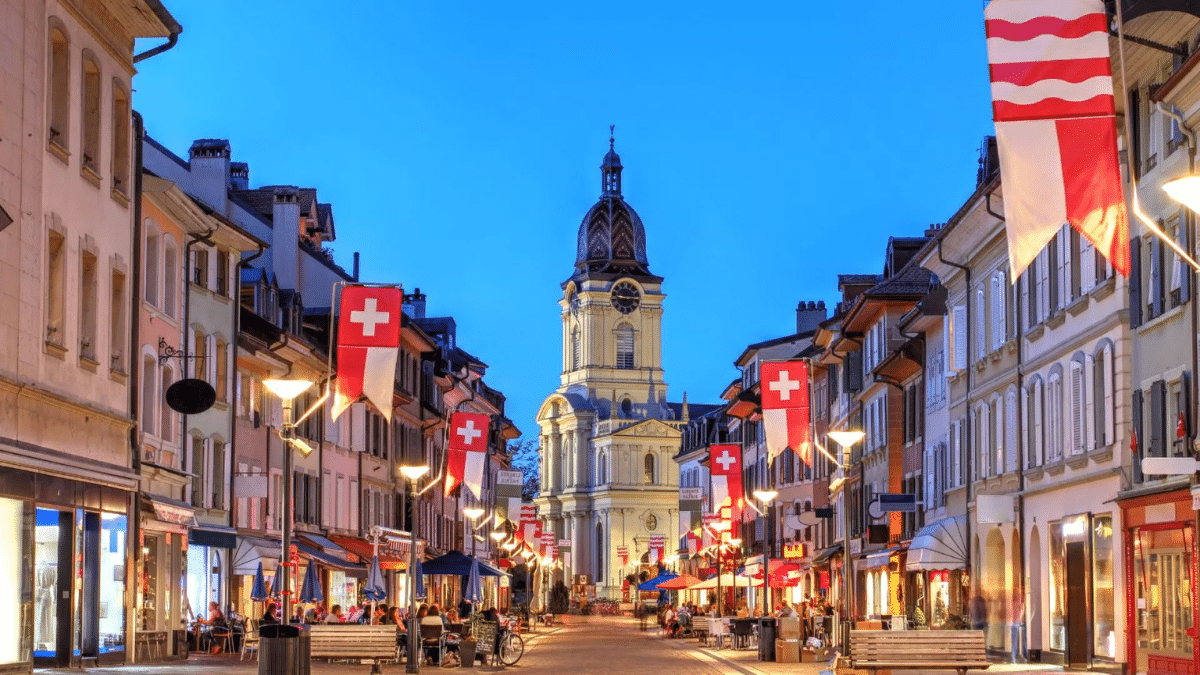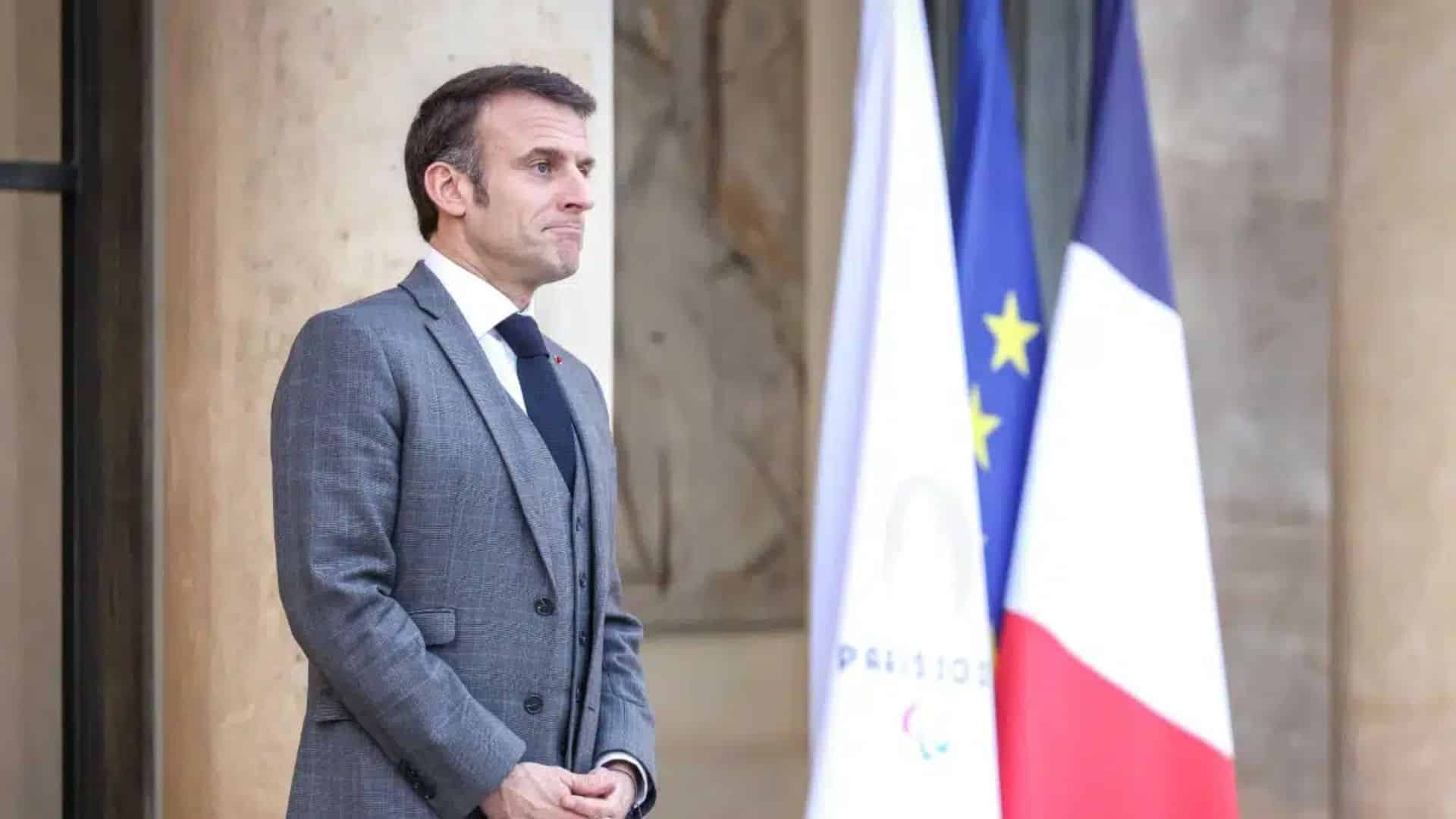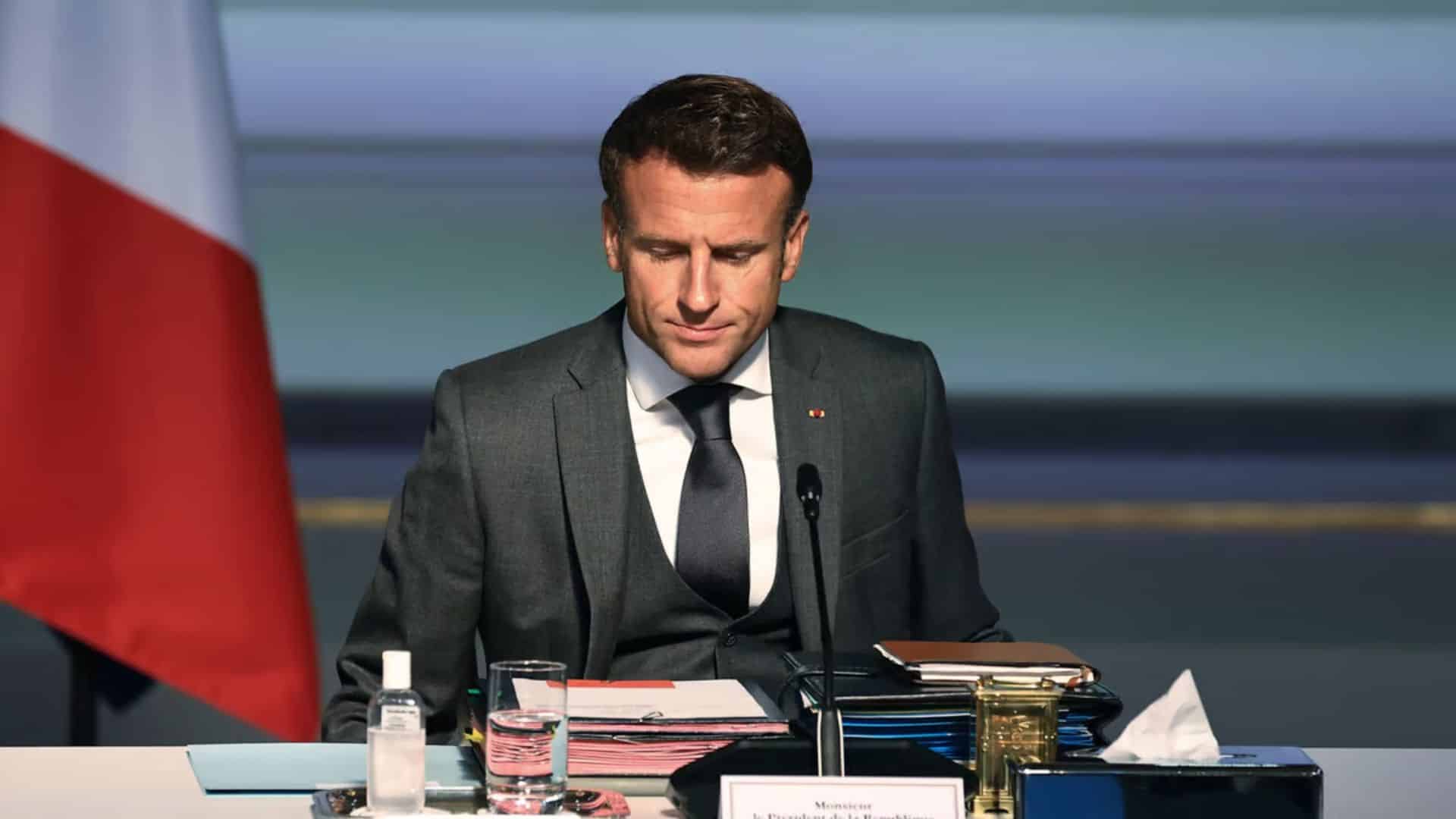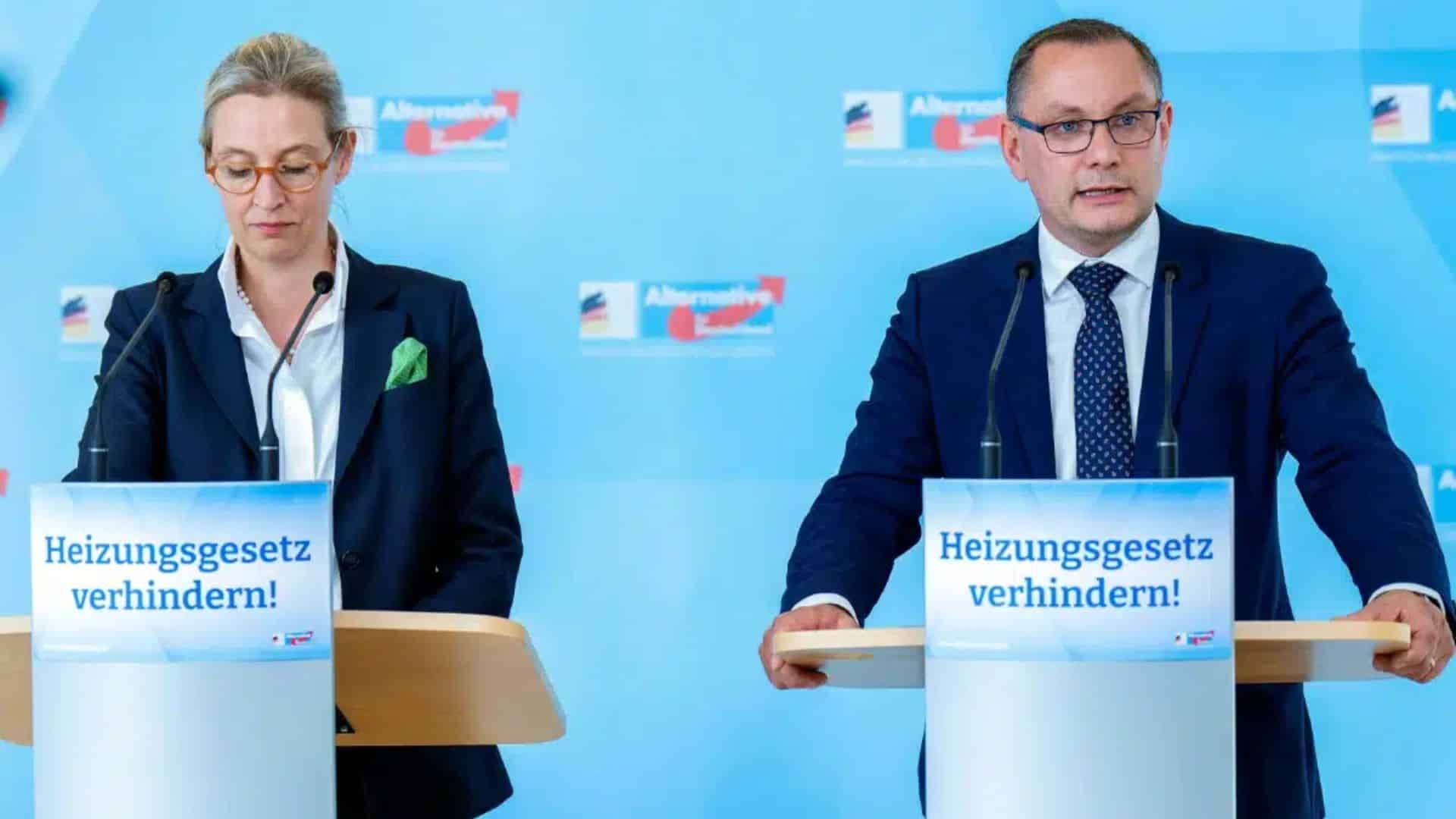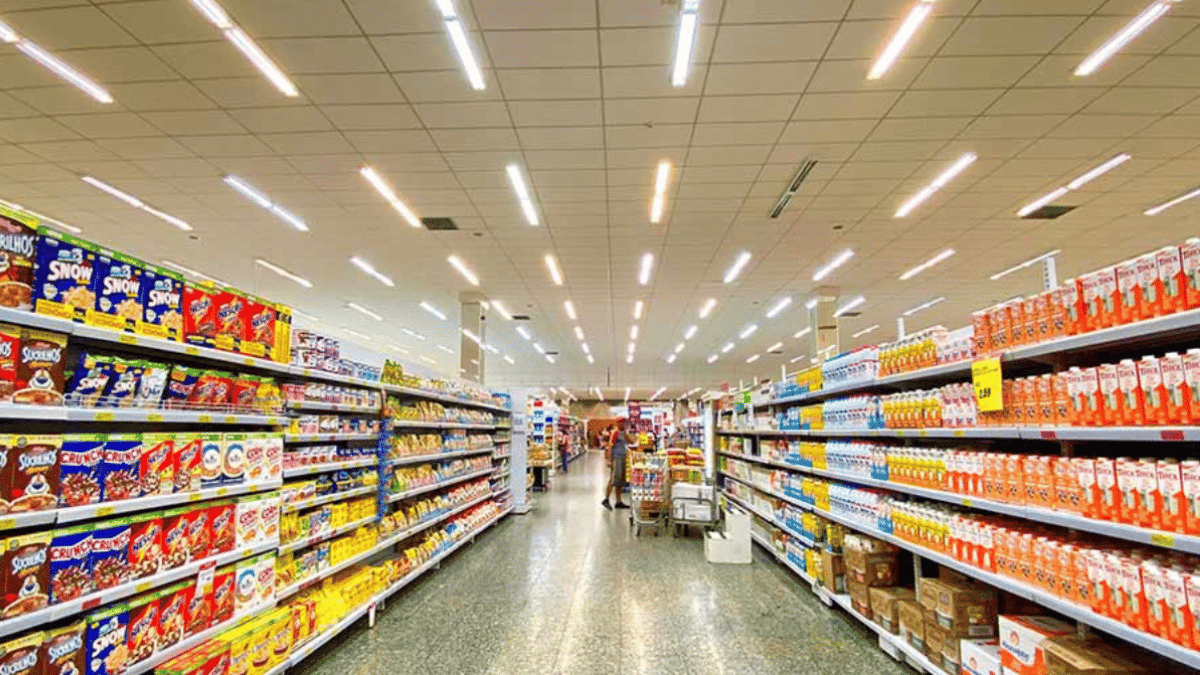
The war of the supermarket
One year after the outbreak of the war in Ukraine, shopping is 16.5% more expensive, a situation that has made the Spanish consumer market tense, with the different players reacting at different speeds, a battle for the consumer in which the main chains have now joined the fray.
In March 2022, the food CPI was the first wake-up call when it rose by 6.8% compared to the previous year; the truth is that the price in supermarkets has not stopped rising, which has forced the distribution chains to play in a very competitive environment and with consumers watching their pockets as never before.
The latest to show its strategy has been Mercadona, which on Tuesday announced price cuts on 500 of its products which, according to its calculations, could save its “bosses” (customers) up to 150 euros a year.
It will cost 200 million and reduce its margin by 0.6%, according to the company’s own data.
Among the discounted products, which it has identified in its shops for consumers to find, are canned foods such as tuna, dairy products (cheese and yoghurt), dried fruit and nuts, oils, household cleaning and maintenance, pet food, pastries, wine cellars and perfumery, among others.
While the Valencian chain has announced this measure this week, the second operator in the market, Carrefour, was the first to jump on the bandwagon of “baskets” of products at a fixed price; it did so back in September and coinciding with the media spotlight that the first proposal of the Vice-President of the Government, Yolanda Díaz, to “cap prices” represented.
On the same date, smaller chains such as “Tu Super” announced the freezing of 137 products.
In the case of Carrefour, it was a basket of products totalling 30 euros, in which the absence of milk, olive oil, eggs, pulses, fresh fruit, meat and fish stood out.
In any case, it incorporated this measure, which it added to others in a decalogue in which it did include a 15 % savings bonus on all fresh products for its customers who subscribe to the digital subscription service, which, however, entails a monthly payment of 5.99 euros, 71.88 euros a year.
At the moment, other measures such as 3×2 on up to 2,000 products are still active.
For its part, the DIA distribution chain, which is in fourth place in terms of market share, has based its strategy during this difficult year on proximity – it has even sold off the Clarel business and large stores to Alcampo – and has opted to promote promotions and its white label.
According to its figures, provided this week, this year the company will invest 150 million euros in promotions, 15% more than in 2022.
Its customers will be able to enjoy discounts in product categories of up to 30% or weekly promotions on more than 100 products, especially fresh produce.
It estimates that the consumption of New Quality Dia products can mean savings of up to 25% in the annual expenditure of a Spanish household, where an annual purchase of 1,000 euros could reduce expenditure to 750–800 euros.
And Eroski is trying to tackle the fall in prices with different promotional measures, such as a basket with a thousand products at promotional prices.
It has already spent 100 million euros at the expense of its margins over the last two years to retain consumption, the company explained in March.
The promotions, offers and baskets are the supermarkets’ reaction to a reality that the government tried to tackle in December with the lowering of VAT on basic foodstuffs, as part of a package that also includes aid for the most vulnerable families.
The sector and the opposition continue to demand further reductions along these lines.


